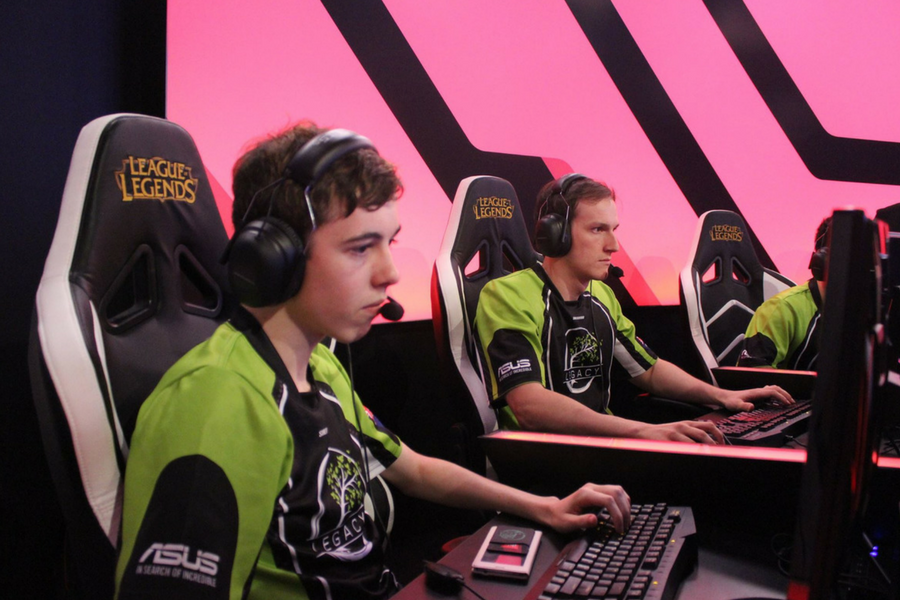With a number of its clubs looking to esports, the Australian Football League (AFL) has itself announced a partnership with Riot Games that will see the organisations launch a new esports tournament in November.
The tournament will draw professionals from the Oceanic Pro League together to play League of Legends: League of Origin, with an esports studio to be built in Melbourne as the AFL and Riot Games look to push the growth of League of Legends.
Darren Birch, the AFL’s general manager of growth, digital, and audience said that given the organisation’s vision is to progress the game of AFL and “continue to help fans share in the experience of footy”, partnering with Riot gives the AFL the opportunity to learn new ways to connect with fans and “enhance the complete digital experience”.
“Esports is one of the most exciting emerging industries to come in and disrupt the traditional sports landscape. Riot are a respected and credible leader in this space and this event will be a great opportunity to continue on that path,” Birch said.
“We will bring our expertise and insight to the competition, giving all-star players an opportunity to play with different teams, play in a different tournament structure and in a radically different venue environment.”
Daniel Ringland, head of Oceanic esports at Riot Games, added that the AFL and Riot are “culturally aligned” as they are both “firm believes in putting the fan and player experience first”.
“The AFL is a world-class league and leads Australian sport in many key areas. From fan engagement through to player welfare and development, they’re the gold standard,” Ringland said.
“We aspire to the same levels of excellence for our pro players and fans of League of Legends esports, so a strategic partnership makes absolute sense.”
The partnerships follows Adelaide Football Club last May acquiring professional esports team Legacy eSports, one of the top-tier professional League of Legends teams competing in the Oceanic Pro League.
Andrew Fagan, CEO of the Crows, said at the time that the club determined League of Legends eSports was “the most obvious choice” to get involved in as it’s one of the most developed eSports leagues in the region.
Fagan stated the club’s investment in the eSports industry will help expand the scope of its fan engagement, brand, and commercial platform. In particular, he said the popularity of eSports among millennials will provide “enhanced opportunities” for corporate partners old and new to engage with younger, more digital-savvy audiences.
Essendon Football Club later followed the Crows’ footsteps, acquiring the licence of esports team Abyss and relocating the team to Melbourne.
With this move, the club announced that the operations and management of the team will be “fully integrated as a division of the Essendon Football Club”.
Essendon’s chief marketing officer Justin Rodski said that the acquisition gives the club a way to “diversify our business, invest in growth, and create new opportunities to drive incremental consumer and commercial revenues”.
“Esports teams are no different to any other professional sports club model and esports fans are no different to any other sports fans in their passion to support their team…there is a rich and diverse community ecosystem in esports and this is our opportunity to be culturally relevant to the millennial audience and engage a new fanbase,” Rodski said.
The embrace of esports by traditional sporting clubs has been led by international leagues; one of the first to do so, the NBA, saw 17 of its teams sign on to launch the inaugural NBA 2K League this year.
Looking at the growth of esports, it isn’t hard to see why traditional sports are taking notice: the global esports audience is expected to grow to 400 million in 2018, with the majority aged 14-34, and the value of the market grew to almost US$700 million in 2017.
Image source: Legacy eSports.




















Trending
Daily startup news and insights, delivered to your inbox.